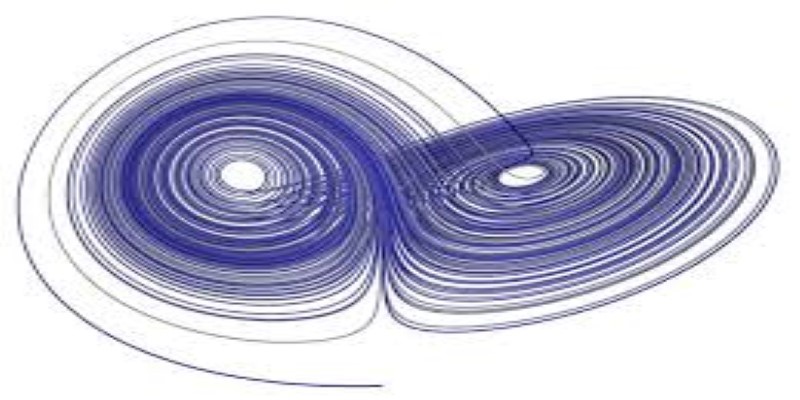
About Course
Dynamical Systems (DS).
n mathematics, a Dynamical Systems is a system in which a function describes the time dependence of a point in a geometrical space.
Examples include the mathematical models that describe the swinging of a clock pendulum, the flow of water in a pipe, and the number of fish each springtime in a lake.
At any given time, a dynamical system has a state given by a tuple of real numbers (a vector) that can be represented by a point inappropriate state space (a geometrical manifold). The evolution rule of the dynamical system is a function that describes what future states follow from the current state. Often the function is deterministic, that is, for a given time interval only one future state follows from the current state. However, some systems are stochastic, in that random events also affect the evolution of the state variables.
Course Content
Dynamical Systems
-
Sparse Identification of Nonlinear Dynamics (SINDy)
00:00 -
Koopman Observable Subspaces & Finite Linear Representations of Nonlinear Dynamics for Control
00:00 -
Koopman Observable Subspaces & Nonlinearization
00:00 -
Koopman Operator Optimal Control
00:00 -
Compressed Sensing and Dynamic Mode Decomposition
00:00 -
Hankel Alternative View of Koopman (HAVOK) Analysis [FULL]
00:00 -
Hankel Alternative View of Koopman (HAVOK) Analysis [SHORT]
00:00 -
Magnetic field reversal and Measles outbreaks: HAVOK models of chaos
00:00 -
Linear model for chaotic Lorenz system [HAVOK]
00:00 -
Simulating the Lorenz System in Matlab
00:00 -
Discrete-Time Dynamical Systems
00:00 -
Simulating the Logistic Map in Matlab
00:00 -
Deep Learning of Dynamics and Coordinates with SINDy Autoencoders
00:00
Student Ratings & Reviews

